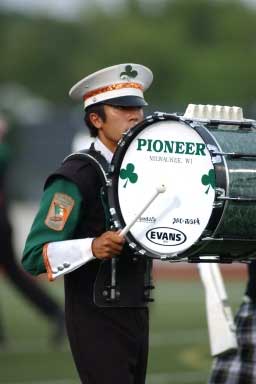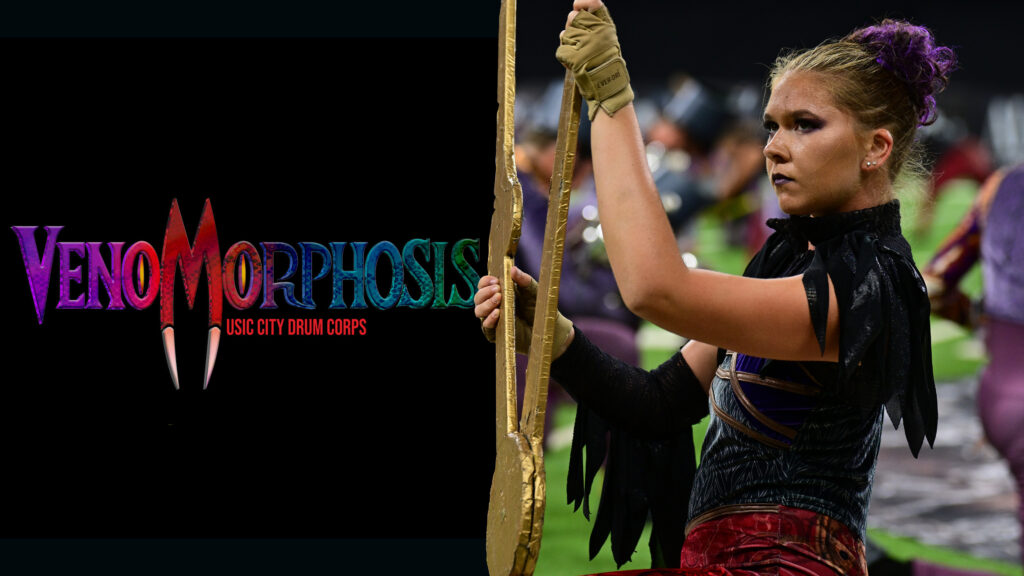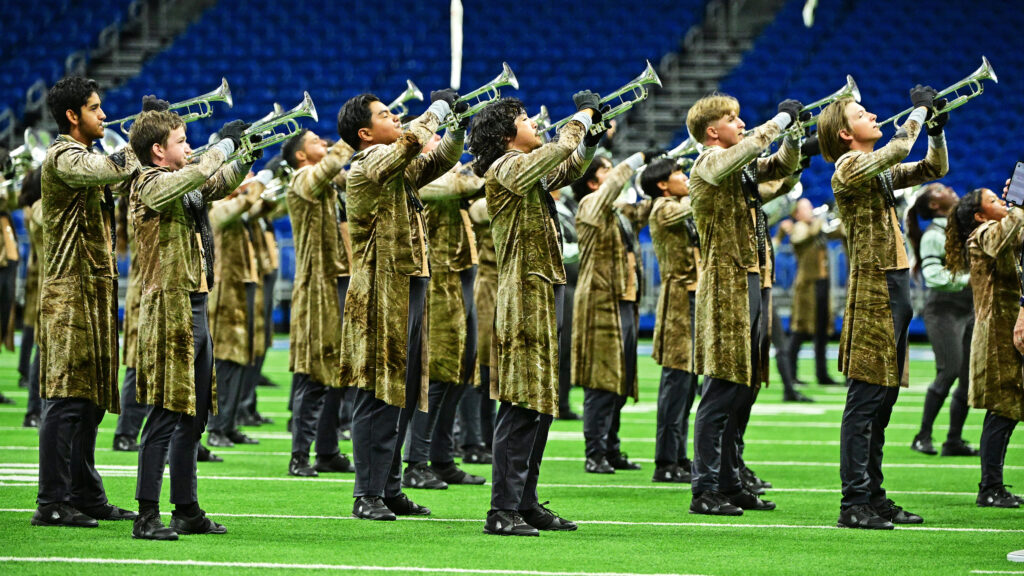Andy Dittrich, who wrote a series of columns for us in 2004 and into last summer, will be exploring how drum corps folks stay focused and conditioned in the off-season in a new series of articles. Akira Robles is a bass drummer for Pioneer. He just finished his third season with the corps.
What techniques do you find to be best effective in maintaining personal musical growth in the off-season?
Being a music education major, it is part of my schooling to work on my growth as a musician. Of course, the type of music and performance situations I am more accustomed to in a collegiate setting are quite different from marching in a Division I drum line. However, exposing myself to a broad range of styles and situations in school helps develop my overall sense of musicianship, and I can certainly apply that to my summers as a member of a drum corps as well.

Did you perform in high school or college marching bands during your off-seasons? Did you find that performing with these groups helped you in maintaining or building on the things you learned and perfected during the summer? Why?
I felt that after my rookie year of drum corps, the most beneficial thing about coming back to my high school band was the fact that I maintained and strengthened my work ethic that I had developed during the summer. Obviously, high school and college marching bands won’t equal drum corps as far as level of rigor goes. But coming back to my high school, I was able to continue my work ethic as well as encourage others to follow suit. My one summer of corps definitely rubbed off on many people. I feel that it’s important for the drum corps veterans to set the example and be the leader for everyone them, and a high school or college marching band is a great place to do that.
Did you, or do you currently, teach high school or college marching band during your off-seasons? Do you find that instructing or writing helps you maintain or build on the things you have learned and perfected during the summer? Why?
I taught a bit of high school after my first summer of corps, and I found that it was extremely beneficial to honing my skills as a musician, as well as a teacher. Being able to repeat to yourself and to your students all the things you have learned and developed over the summer not only builds the skills of your students, but also reinforces your skills as well. I feel that you learn the most while you are teaching, so getting some teaching experience under your belt definitely benefits you in the long run.
Do you recommend any specific exercises for drum corps veterans during the off-season?
I get the itch to go back to my nine-hour-a-day rehearsal schedule a few weeks after I get back, so I definitely do my fair share of drumming pretty much everything I learned over the summer. I find that going over everything, like show music and exercises, definitely helps you recall a lot of the things you learned. It solidifies all the kinks and discrepancies in your playing that might have bugged you all summer. It also gives you time to just sit down in a relaxed environment and work out whatever you need, taking however long you need. The summer is pretty much just one giant overload of information, so it’s a good idea to just sit down and sort through everything in order to make the most of it.
Do you believe that drum corps should encompass a large part of a veteran’s life during the off-season? What do you think about winter camps? What do you think about preparation between winter camps?
I find that many returning corps veterans I know are anxious for their next season not so long after the current season ends. I know that’s how I get. But I think it is also to make sure you focus on things other than corps for at least a little while, such as school, extracurricular activities and your social net outside of drum corps. Everyone needs some time to decompress. As for winter camps, I think they are extremely crucial in deciding the degrees of success within a drum corps. Coming from experiences where my section was prepared well, and not so well through the winter camps, I can safely say that it is a definite plus to spend time getting yourself in a good rhythm during the winter months so that you can hit the ground running once you start your summer. I think that the winter camp barrage is probably the roughest point of a drum corps season, but if you push through that part, then it makes your summer more enjoyable. ++++++++ Akira is a music major, so his musical growth does not stop with drum corps. Music majors can be at a definite advantage in this drum corps process, and as the activity has grown, music majors have become a predominant part of the activity, both as staff and members. So, guess what auditionees, new faces to drum corps, or those of you that face reaudition procedures: There is someone going for a spot that probably picks up their instrument, in front of a professor, every day. This does not mean they are better than you, but it does mean they are probably getting more practice, and definitely getting more training than someone who is not a music major in a college or university setting. This means that all of us need to spend time on our own during the off-season, doing some of the things that Akira suggests. Sit down and go over all of the exercises and music you played this summer, and remember the comments you received from the staff. You had a period of three months of constant training, and if you aren’t getting that now, you can always go back to the things you perfected during the summer. Remember what the baritone music tech said about that part at letter C, or page 65, and learn how to apply that in a more general setting. But, those of us that aren’t music majors may just need a little bit of luck — or a lot of private lessons. I’m looking for sports and physical therapists, kinesiologists, sports nutritionists and dieticians, and sports and occupational psychologists. Also looking for members or staff with a background in any of those fields, or any medical fields. This includes current members studying in pre-med or medical school, or studying sports psych, sports nutrition, or sports medicine. If you are willing to volunteer for a short interview, conducted over email or on the phone, please email me at [email protected] .





